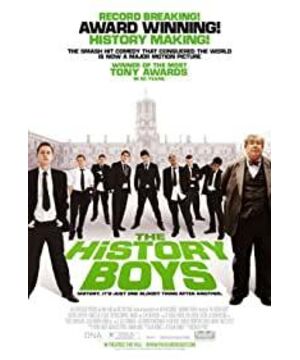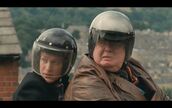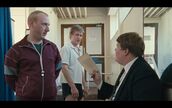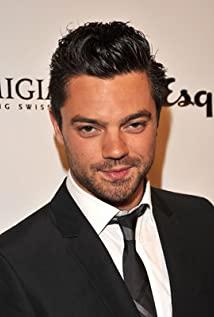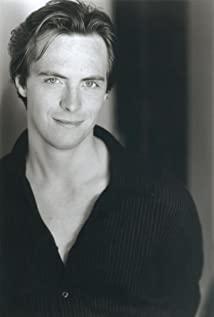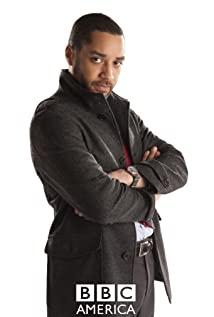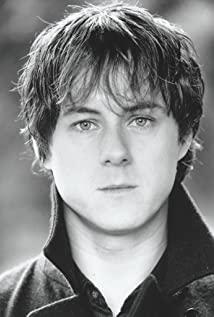At Yorkshire Grammar School in the early 1980s, 8 students with different backgrounds, 3 teachers with different methods, and a stereotyped headmaster, with a series of witty words and good teaching, constitute a rare school comedy. Similar to domestic secondary schools pursuing admission rates and college entrance examination champions, British schools also have hard targets for scholarships to enter Oxbridge. The principal (Clive Merrison) believes that these talented boys are good seed for his school record, but the basic subject teacher Hector (Richard Griffiths) focuses on literary taste and taste. For Hector, "there is no general knowledge, there is only a specific perception, and knowledge is not measured by how much or how good it is." In his French class, students can simulate the scene of a brothel and quote famous poems. Aventure. He didn't want to wait for the students to realize the charm of literature in middle age. He let the children experience the joy of creation when they were young, even if they changed musicals into juggling and farce. "The greatest joy in reading is that you suddenly realize something, a thought, an emotion, a perspective that resonates with a person you have never met, as if someone held your hand", he explained Thomas Hardy When writing poetry, he is clearly annotating his own life. He believes that brainstorming is the only way to stimulate children's energy, even if they have to hit their heads with a book. The principal naturally thought that Hector was not suitable for exam-oriented education, so he hired a newcomer, Irwin (Stephen Campbell Moore), to do the pre-exam training. Irwin believes that the more bizarre the answer, the better. Regardless of whether the opinion is right or wrong, whether it is true or not, if you prove that Stalin was a good man, it is easier to stand out and be admitted to a famous school. Bennett, the screenwriter of the film, loves irony, sophistry, and naysayers. Irwin's deviant behavior naturally offends Hector's moral standards, and Hector's indiscreet behavior has broken through the moral bottom line of the public. Hector believed that "the transmission of knowledge is inherently erotic" and unfortunately he put this belief into action by petting the boys on his motorcycle. In the multi-angle debate, in the absurdity of youth, in the process of analyzing the adult world, children also grow up quietly. That green wit and ignorant enthusiasm are also one of the charms of this film. At the end of the film, their fate as adults makes people feel emotional, and we also witness a tragicomedy of ups and downs in life. The principal said: "Hector is out of place as a teacher, he is an enlightener, but his achievements cannot be quantified by grades"
View more about The History Boys reviews


